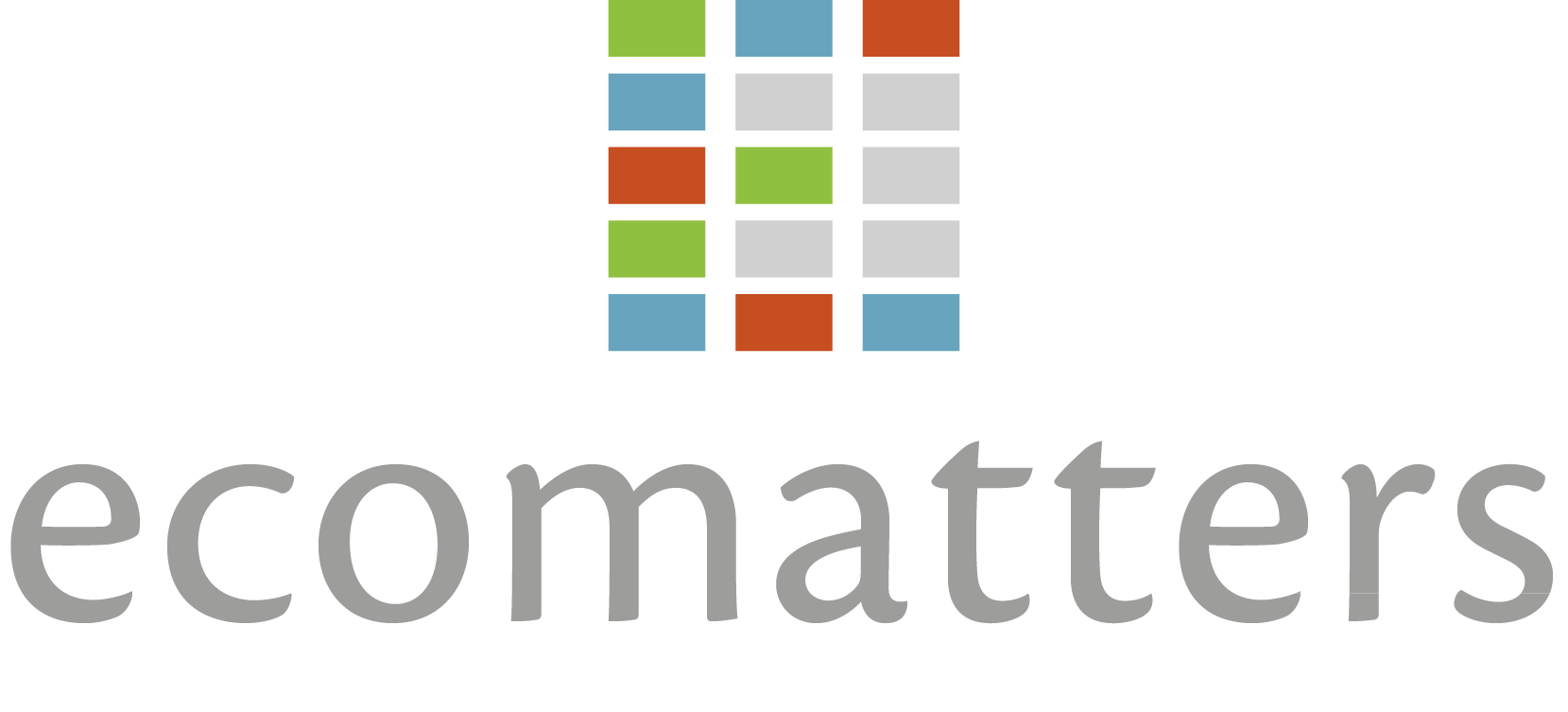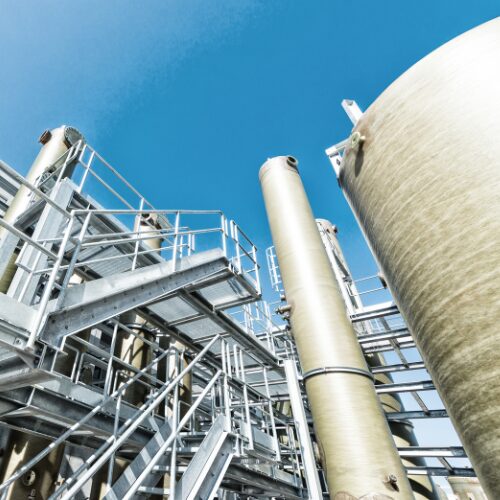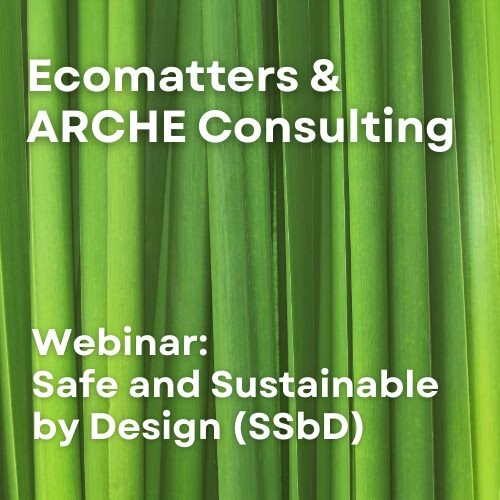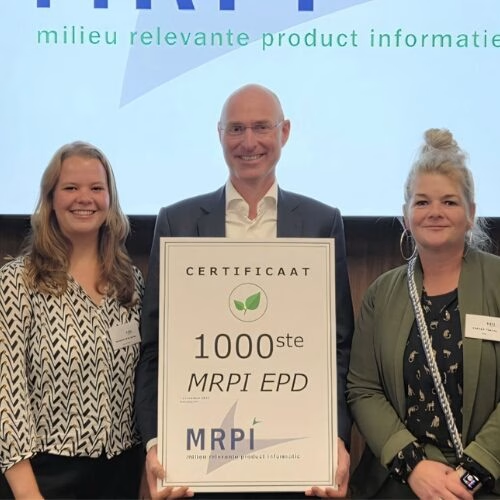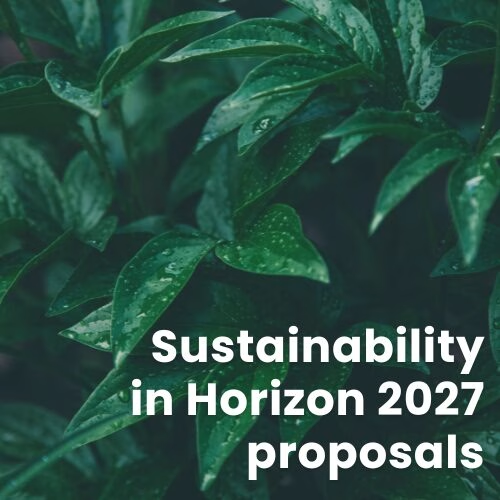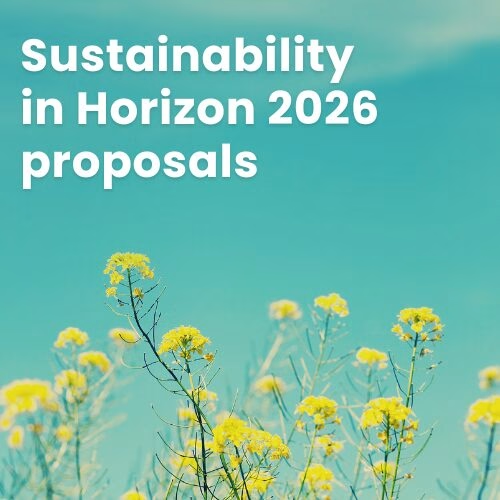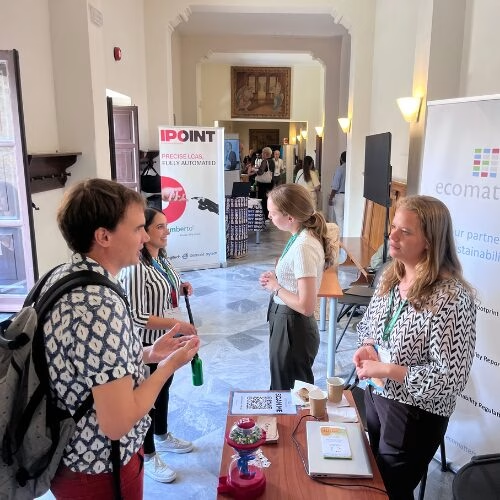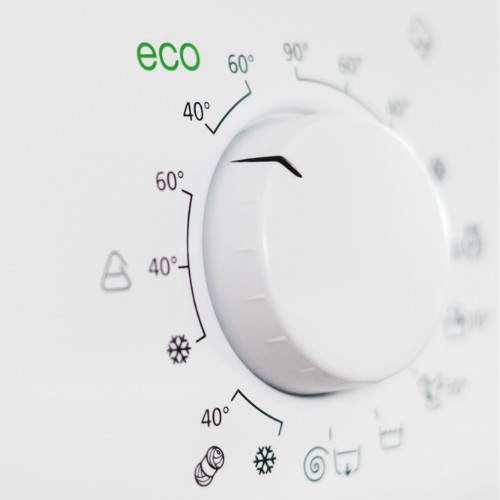Science-based targets (SBTi) has been developing sector-specific guidelines to facilitate the adoption of science-based targets across various industries, including apparel, power, oil and gas, and chemicals. As of September 2024, finalised guidance is available for sectors such as apparel and footwear, buildings, cement, financial institutions, forest, land and agriculture, information and communication technology, maritime, power, and steel. Sectoral Decarbonisation Approach (SDA) guidance for other sectors, including chemicals, is currently under development.
Key takeaways
To help navigate this evolving landscape, here are some key takeaways from the SBTi guidance:
- Dual-target approach: Companies can set both near-term (5–10 years) and long-term (net-zero by 2050) emissions reduction targets
- SDA for chemicals: Recommended for key chemical products such as ammonia, methanol, and high-value chemicals (HVCs)
- Comprehensive emissions coverage: Targets must include Scope 1 (direct), Scope 2 (indirect from energy use), Scope 3 (value chain emissions)
Key considerations for setting SBTi targets in the chemical sector
When setting SBTi targets in the chemical sector, companies should consider the following areas:
1. Scope 1 and 2 target setting
Companies must address emissions from industrial processes and fuel combustion across all production steps. Specific methodologies apply to:
- Ammonia production: Targets must include emissions from hydrogen and nitrogen production.
- Methanol production: Emissions from syngas production and CO₂ feedstock use must be accounted for.
- HVCs (High-Value Chemicals): Emissions from cracking, dehydrogenation, and other key processes must be included.
- Nitric acid production: N₂O emissions must be included and a specific target on intensity and levels set.
2. Scope 3 target setting
Companies must quantify and address indirect emissions from their supply chain and product use. Key considerations include:
- Purchased goods and services (Category 1): Companies sourcing primary chemicals must set Scope 3 targets.
- Fertiliser producers (Category 11): N₂O emissions from agricultural use must be incorporated.
- Urea(carbamide)-based fertilisers: CO₂ emissions from urea decomposition must be accounted for.
Some emission exclusions are also relevant for some chemical sectors. These emissions are excluded from the target setting.
3. Alternative feedstock targets
Companies must set near-term targets to increase the use of sustainable feedstocks, such as:
- Bio-based materials
- Chemically recycled feedstocks
- Captured CO₂ as a raw material
These targets should be expressed as a weight percentage and the companies should provide strategies on how they plan to achieve this increased use of sustainable feedstocks.
4. GHG accounting and mass balance methodology
Companies applying mass balance accounting must ensure transparency and exclude book-and-claim certificates. Additionally, the GHG Protocol should be used for all emissions calculations, including land-use change impacts for bio-based materials.
Companies may combine SDA-based targets with absolute reduction targets, as long as each target aligns with a 1.5°C trajectory, the same base year and target year are used, and the SDA target is converted into an absolute reduction equivalent.
Our services around target setting
Ecomatters can support chemical companies in setting and implementing SBTi-aligned targets by offering:
- Expert guidance: Assisting in defining near-term and long-term emissions reduction targets. Including applying the Sectoral Decarbonisation Approach (SDA) for key chemicals like ammonia, methanol, and HVCs
- Scope 1, 2 & 3 emissions calculations: Quantify emissions across operations and the value chain, ensuring compliance with GHG Protocol standards.
- Target Setting & Validation: Supporting the development of science-based targets, ensuring they meet the 1.5°C pathway, and preparing documentation for SBTi validation.
- Alternative Feedstock Integration: Advising on bio-based, chemically recycled, or captured CO₂ feedstocks, helping companies set measurable and transparent targets.
Want to explore how Ecomatters can help your company meet its SBTi targets? Complete our contact form or schedule a call with one of our experts.
